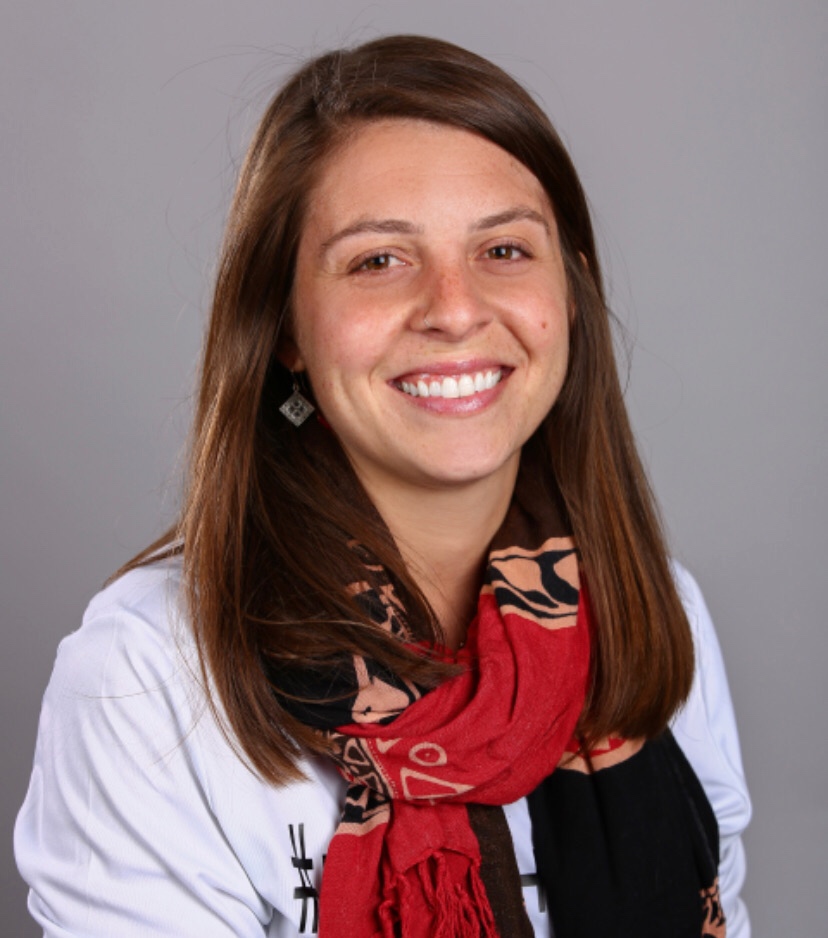As much as I want to disagree, there is still a stigma surrounding mental health and asking for help. Students are in the weeds with their illness or addiction and may not understand the depth of their situation. Their Academic Advisor, on the other hand, sees everything. Almost to the point of being able to predict which students from each orientation session will not make it passed their first semester.
No, I’m not saying Academic Advisors are taking bets on their students. What I’m highlighting is that they’ve seen it all. They know the signs of students who are on campus for the wrong reasons. They hear from students when they talk about how often they party, and Advisors can fairly make an assumption they’ll need substance abuse treatment in the near future. They may be the first person a student discloses a sexual assault to, or an abortion. They can try to pull the wool over the eyes of their Advisor, but they see right through it.
Academic Advisors don’t often get the credit they deserve. They are the ones who work tirelessly to help undeclared students to find a major and follow their passion. They are the ones who continuously keep up with university changes to make sure their students are “on-track” to graduate. No Advisor wants to misadvise their students, so they stay on campus longer. And no Advisor wants to get a phone call from a parent telling them they suck at their job and told their young adult to take the wrong class(es). That’s not true. Ironically, they are also paid the least on campus. That in itself is a real shame.
Academic Advisors are a retention initiative in itself. In hearing from their advisees what their struggles are, an Advisor has the chance to assist a student in feeling cared for and giving them direction to get the help they need. Sometimes, getting that help really requires leaving campus for at least one semester. For colleges, by giving students the ability to log into their student portal and withdraw themselves without having a conversation with their Advisor, you provide a space for hundreds if not thousands of students to leave your university each year without so much as a goodbye. You have no idea why they left. You have no idea if they even want to come back. You have no idea if they were struggling and really needed help. What I’m not saying is that all students who need to withdraw have to speak to their Advisor. I do think that if a student is completing something like a university withdrawal, they need to speak with someone before they do what cannot be undone.
Academic Advisors see potential in every student. They want their students to be successful and graduate. They also see the shift in increased anxiety, depression, substance abuse, trauma, and executive functioning issues. They see more students struggling. Without having time to speak with each student in depth about future options, they do still have the ability to get students to get help sooner, especially if their parents are overly involved and asking for direction.
There is an industry of professionals who help this exact student. We know that they just experienced a major trauma by “failing at college.” We know resources to get them the help they need the moment they step off campus. We want your student to be successful too. Consider pointing their family in our direction so they can get linked up to resources immediately.
For more information, check out my post on Lilley Consulting Facebook page.
For anyone looking for additional resources around mental health, substance abuse, college transition coaching, or parent resources you can find them on: https://www.lilley-consulting.com/ or follow @lilleyconsulting, or https://www.facebook.com/LilleyConsultingLLC/.


